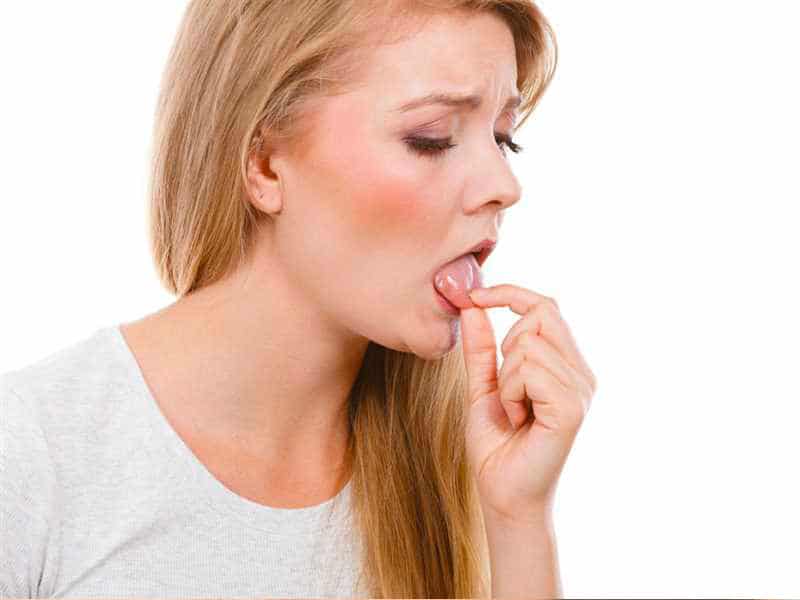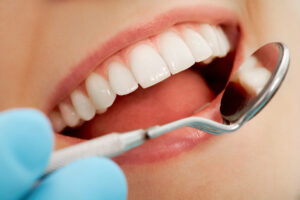Do you find that you persistently experience discomfort from a dry mouth? That dry, sticky feeling in your mouth can make speaking or swallowing difficult. It can also cause a sore feeling in the mouth and bad breath. This condition is inconvenient and uncomfortable and can also affect your oral and general wellness.
Problems associated with dry mouth
Saliva is a key part of a healthy mouth. Saliva works to wash away food to prevent tooth decay. When not enough saliva is being produced naturally you may experience these symptoms:
· Burning sensations or soreness in your mouth
· Dry lips
· Bad breath
· Decreased sense of taste
· Thrush or similar infections
· Tooth decay and gum disease
· Difficulty speaking, eating, or swallowing
What causes a dry mouth?
Dehydration is the most common reason for dry mouth. Lacking enough fluid in your body prevents the production of the saliva you need. Anxiety can also inhibit saliva from being produced.
In some cases, persistent dry mouth can be attributed to an underlying problem or medical condition.
· Medication: Prescriptions can cause dry mouth as a side effect. This includes some Antidepressants, Antihistamines, and Diuretics. If you have recently changed or added a new medication and are suffering from dry mouth, we recommend discussing this side effect with your prescribing doctor,
· Blocked Nasal Passage: During the night if your nose is stuffed or blocked you may resort to “mouth breathing” while you sleep. This can cause your mouth to dry out and result in discomfort and other dry mouth symptoms.
· Diabetes: Dry mouth is a common symptom for individuals with high blood sugar.
· Radiotherapy: Mucositis, or swelling of the glands, may occur from radiotherapy to the head or neck.
· Sjogren’s Syndrome: This condition causes the immune system to damage the salivary glands. To learn more about Sjorgens Syndrome and how it affects the immune system visit the Mayo Clinic.
How to treat dry mouth:
Some of the conditions above have specific treatments. We recommend seeing your physician or dentist to diagnose the cause of dry mouth. Your doctor may choose to adjust medication doses or prescribe decongestants or insulin for diabetic patients.
Relieving your dry mouth:
The Mayo Clinic recommends taking these tips to find relief from dry mouth and protect your oral health.
· Chew sugar-free gum or suck on sugar-free hard candies to stimulate the flow of saliva.
· Limit your caffeine intake because caffeine can make your mouth drier.
· Don’t use mouthwashes that contain alcohol because they can be drying.
· Stop all tobacco use if you smoke or chew tobacco.
· Sip water regularly.
· Try over-the-counter saliva substitutes — such as Biotene Oral Balance.
· Try a mouthwash designed for dry mouth — they also offer protection against tooth decay.
· Avoid over-the-counter antihistamines and decongestants because they can worsen your symptoms.
· Breathe through your nose, not your mouth.
· Add moisture to the air at night with a room humidifier.
· Avoid sugary or acidic foods and drinks because they increase your risk of tooth decay.
· Brush with a fluoride toothpaste
· Use a fluoride rinse or brush-on fluoride gel before bedtime.
· Visit your dentist at least twice yearly to detect and treat tooth decay or other dental problems.
If you have concerns about your oral health or find you are experiencing dry mouth, call Methal Dental Arts to schedule an appointment.




